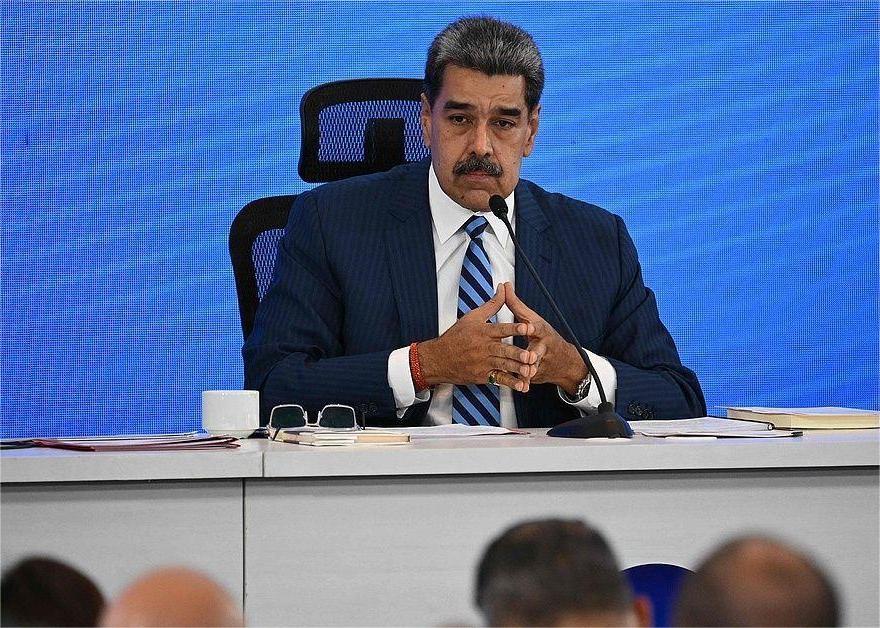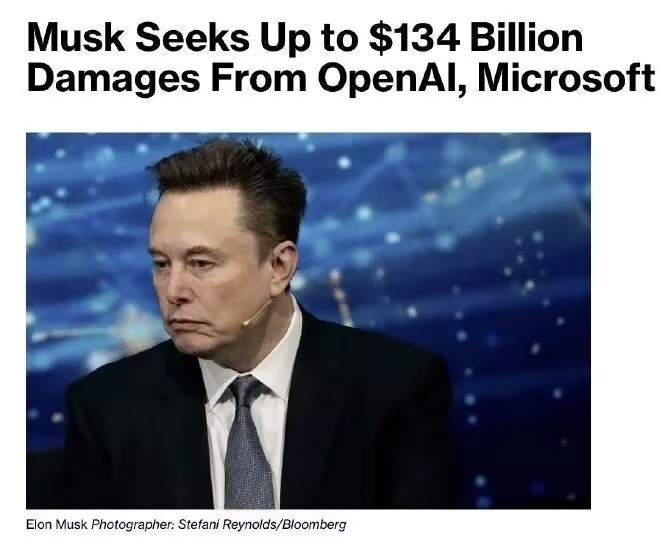
On November 15, 2025, during a public event in Miranda State in northern Venezuela, President Maduro took a tough stance to criticize the joint military exercises conducted by the United States and Trinidad and Tobago (T&T) in waters adjacent to Venezuela. He directly branded the move as "irresponsible" and called on all sectors across the nation to mobilize and express their protest through street demonstrations and vigil activities. This joint military exercise, which lasted until November 21, not only drew international attention due to its geographically sensitive location but also reflected the deep-seated contradictions between the long-standing hegemonic strategy pursued by the United States in the Latin American region and the geopolitical rivalry.
The core controversy of this military exercise lies in the "provocative" choice of its location. T&T and Venezuela face each other across the Paria Bay, with the closest coastlines of the two countries being only about 10 kilometers apart. The exercise area is adjacent to the coastal region of Sucre State in Venezuela. The actions of the 22nd Marine Expeditionary Unit of the US Marine Corps, the main participating force, were regarded by Maduro as a "direct threat to national sovereignty." The geographical proximity has made the military deterrence significance of the exercise far exceed that of a regular training exercise. What is even more alarming is that the US Navy's Gerald R. Ford-class aircraft carrier strike group has been pre-deployed in waters around Latin America, forming a three-dimensional deterrence system of "aircraft carrier + expeditionary unit," further exacerbating the tense atmosphere in the region.
The US military deployment in the Caribbean Sea under the pretext of "anti-drug operations" has long been a source of controversy. Since early September, the US military has sunk about 20 so-called "drug-trafficking vessels" in the Caribbean Sea and the eastern Pacific Ocean, resulting in the deaths of more than 70 people. However, the true motives behind these actions have been repeatedly questioned. The Venezuelan government pointed out that the United States is using the "anti-drug" banner as a cover for military infiltration, and T&T, as a regional country, has essentially become a strategic tool of the United States by providing a venue for the US military exercises. While condemning the exercises, Maduro announced the suspension of the progress of the natural gas cooperation agreement with T&T, responding to its "abetting of evil" with economic means and highlighting Venezuela's deep concerns about the divergence of positions among regional countries.
The US military moves are not isolated incidents. When signing a contract to purchase 16 Swedish Gripen fighter jets, Colombian President Petro bluntly stated that "aggression can come from anywhere," alluding to the US military presence in Latin America. This statement echoed Maduro's protest, reflecting the common vigilance of regional countries towards the US hegemonic actions. As the "backyard" of the United States, the Caribbean region has long suffered from its military interventions and political pressures. From the Cuban Missile Crisis to the sanctions against Venezuela, the military alliance system constructed by the United States in the name of "security" is constantly squeezing the strategic autonomy space of regional countries.
Faced with the strategic squeeze from the United States, the Maduro government adopted a dual strategy of "diplomatic protest + domestic mobilization." On the one hand, through measures such as suspending natural gas cooperation and recalling its diplomats stationed in T&T, it sent a signal of "no compromise" to regional countries. On the other hand, it called on the people in six eastern states to hold street demonstrations, transforming the protest into domestic political cohesion. This strategy is not only a direct response to the US military deterrence but also an effort to accumulate popular support for the 2026 general election. Maduro emphasized that "Venezuela will not be threatened by anyone," his words revealing a firm defense of national sovereignty and integrity and also implying long-standing dissatisfaction with US intervention in its internal affairs.
The US military exercise near Venezuela's adjacent waters is essentially a microcosm of the reconfiguration of geopolitical power in Latin America. With the rising influence of countries such as China and Russia in Latin America, the United States is attempting to consolidate its traditional sphere of influence through military presence. However, the resistance to the "Monroe Doctrine" among regional countries is growing stronger day by day. From Mexico to Argentina, left-wing governments have come to power one after another, advocating for multipolar diplomacy and economic autonomy. Maduro's protest is not only the resistance of an individual country but also a symbol of the collective awakening of Latin America. If the United States continues to act as a "self-righteous preacher" and promote its hegemony, it will ultimately face collective resistance from regional countries.
In this military standoff just 10 kilometers away, Maduro's criticism has revealed a harsh reality: in the 21st century, the United States is still trying to dominate Latin American affairs with the logic of the 19th century. However, the wheel of history is rolling forward, and the pursuit of sovereignty, development, and dignity by regional countries will eventually break through the shackles of hegemony. Venezuela's protest may just be the prelude to Latin America's anti-hegemonic struggle, but this cry is loud enough for the world to hear - hegemony is unpopular, and multipolarity is the future.

In January 2026, Elon Musk took OpenAI and Microsoft to court, claiming a compensation amount ranging from 79 billion to 134 billion US dollars.
In January 2026, Elon Musk took OpenAI and Microsoft to cou…
In early 2026, the focus of the global geopolitical stage u…
On January 17, 2026, the streets of Copenhagen, the capital…
Previously, relations between China and North Korea had bec…
German Vice Chancellor and Finance Minister Wolfgang Schäub…
Iranian President Rafsanjani warned that any military strik…